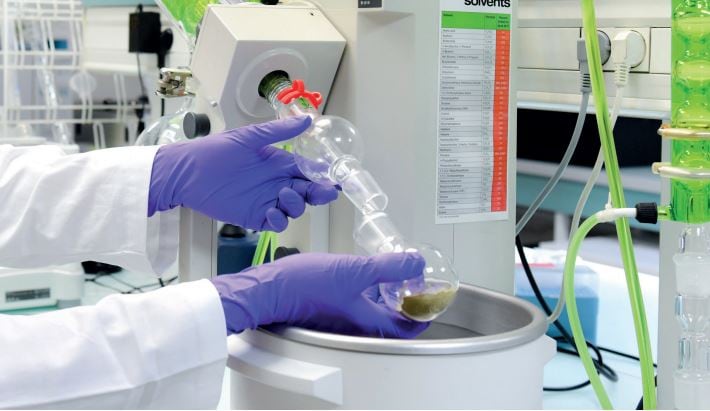The annual report, finds 42 (39%) of reported cases attributable to Nestlé, where the firm is responsible for gaps in compliance management processes and cases related to healthcare systems and workers, such as sponsorships.
"Transparency is a fundamental element of trust,” says Leanne Geale, executive vice president, general counsel, corporate governance and compliance.
“Being transparent with our stakeholders is the basis for honest dialogue and accountability."
Further findings reveal the remainder of reported cases concern distributors working directly with Nestlé with instances of non-compliance relate to the general public and mothers, such as promotions or special displays.
“To date, all cases have been corrected,” the report states. “Corrective actions for Nestlé cases mainly consisted of strengthening processes or re-training employees.
“For distributors, the main causes were lack of awareness of Nestlé’s rules and poor enforcement by local legislation, which can be addressed by ongoing staff training and re-training.”
Standard shortfall
The multinational has been the subject of a number of media reports that highlight instances where its policies and systems to market breast milk substitutes, or infant formula, have fallen short of standards.
In 2019, a report by Changing Markets Foundation and SumOfUs claims that Nestlé failed to act on criticisms of its baby milk formula products and their composition in an investigation that also accuses the food giants of inaction over previous vows.
The report’s findings also accuse the firm of continuing to provide contradictory advice or used claims prohibited by the World Health Organization (WHO) Marketing Code.
Other instances highlighted in Nestlé’s report include breast milk substitute advertisements in Hong Kong, allegedly in breach of the local voluntary code.
“Nestlé identified two instances of non-compliance related to materials that were not properly recalled after the introduction of the Hong Kong Code, and improper use of store shelf signs for Stage 1 formula by third parties,” the report details. “Corrective actions were immediately implemented.”
Nestlé India research
Allegations from The Breastfeeding Promotion Network of India in August 2019, concerns research Nestlé India were carrying out on feeding practices and related growth outcomes of preterm babies.
According to the non-profit organisation, the research was in violation of section 9(2) of the Infant Milk Substitutes, Feeding Bottle and Infant Foods (Regulation of Production, Supply and Distribution) Act 1992 (IMS Act).
“As a primary principle, Nestlé complies with the laws and regulations of the countries in which we operate,” the firm states.
“We believe local regulations do not prevent support of scientific research studies, as long as the support is not a financial incentive to healthcare workers for the purpose of promoting use of breast milk substitutes, feeding bottles and infant foods.
“Nestlé infant formulas were not provided by Nestlé India to the hospital for use in the study. Our intention was to contribute to a better understanding of the challenges of feeding premature babies.
The report adds that Nestlé are discontinuing all research as the researchers associated with the study offer their full support to the authorities as they examine this complaint.
Improving WHO Code compliance
“Every year, we publicly report on our compliance with the WHO Code,” says Geale. “When we see cases of non-compliance, we stop them and take necessary action.
“Our commitment to responsible marketing is serious and personal. Nestlé is at the forefront of infant nutrition. We want parents and caregivers to be able to make informed decisions about their child’s nutrition—and feel confident in those decisions.
“We have a responsibility to provide parents with the information they need to make these important choices, and we do not take our role lightly.
“We will continue to push ourselves and our industry to improve compliance with the WHO Code.”




